HOME > Basketball
Who made Paul Rich?
9:29am, 10 July 2025【Basketball】
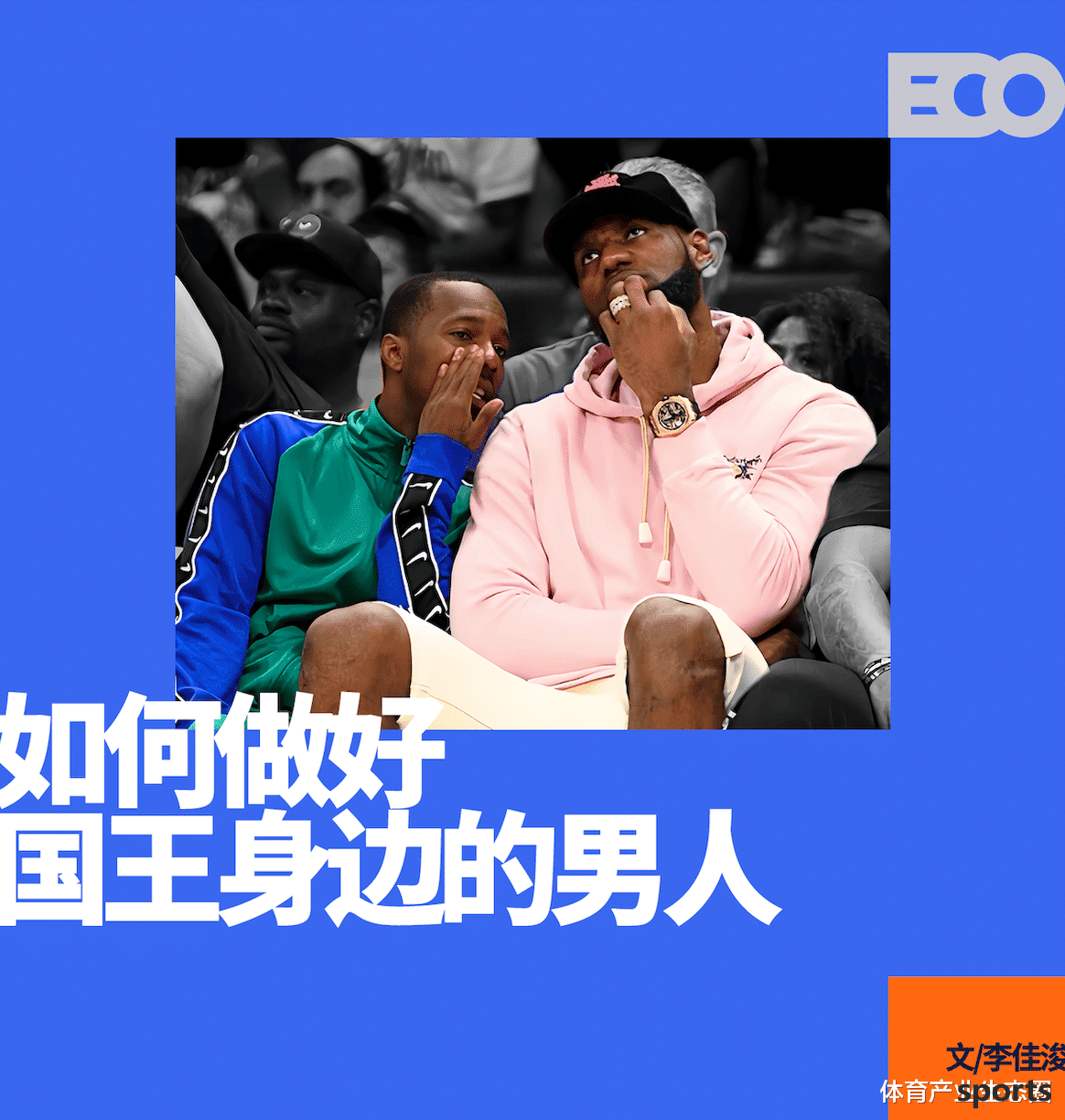
era is always one dimension higher than the rules. As the trend changes, no matter how mature the business structure is, there will always be people who break into the door and try to overturn the original rules with their own advantages.
Because the gameplay of these new forces often deviates from the main theme, when their competitiveness is enough to leverage the pattern, they are often regarded by insiders as speculators who have broken up on their luck, or people who want to eat cake through improper channels.
In the eyes of many veteran NBA agents, Ritchie Paul is this kind of virtue.
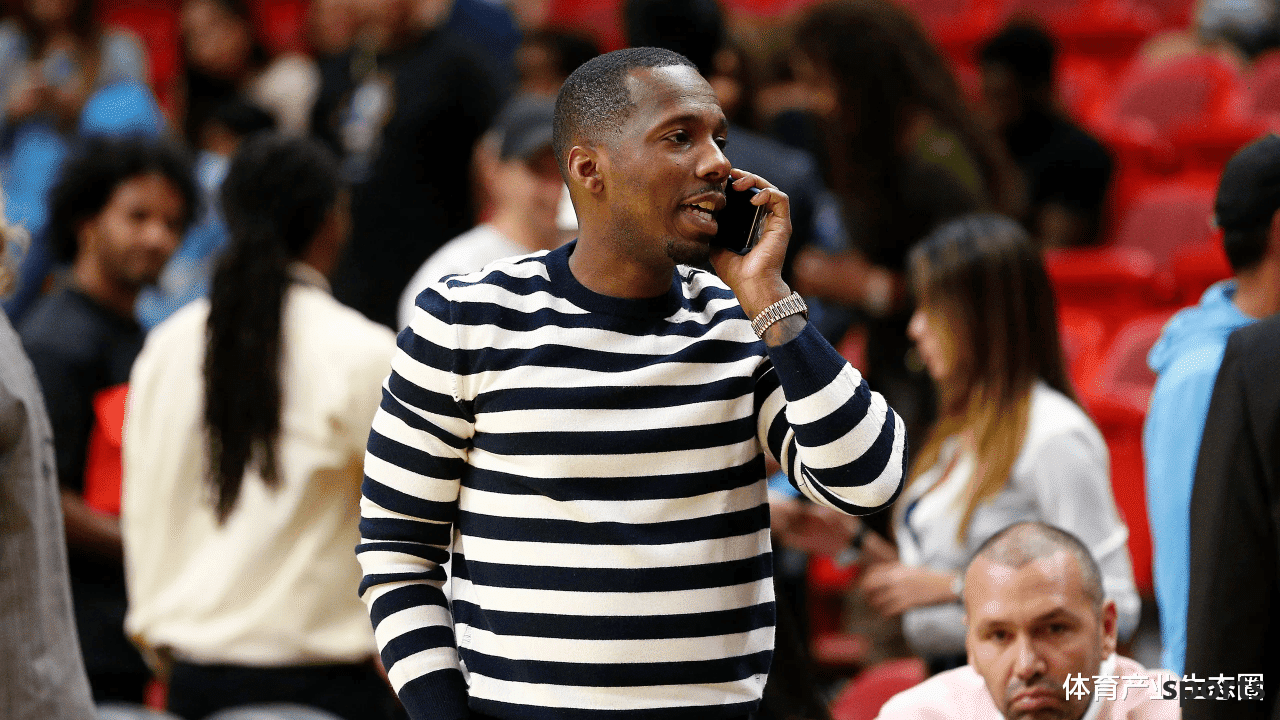
Photo source: GQ
Before Yang Hansen was selected in the first round of the NBA draft, many netizens' understanding of Ritchie Paul was only at the "man around the emperor", as if all his successes were attributed to James' support.
"I know he will become a person greater than he thought at the time, and that's just a feeling for me." Looking back at his relationship with Ritchie Paul, James once said.
As of last year, Klutch Sports Group, founded by Ritchie Paul, has signed contracts with more than 200 top athletes from North America and Europe, and is one of the most growing brokerage firms in the industry. Ritchie Paul himself alone has signed a contract for athletes for more than $4 billion.
There are not many people in this world who have the chance to stay with James, so when talking about Ritchie Paul, people always like to discuss how lucky he is.
But maybe even James himself never thought that this jersey dealer who had not finished attending college could enter the central area of NBA business with just one support, turn his hands into the cloud, and become the one who creates rules step by step.

"Everything I do is a transaction." At the age of thirteen, Ritchie Paul wrote this sentence in his diary.
Paul was not a slum child. His father opened a candy shop on the corner of the city in East Cleveland. Although it was not a big business, the savings he had saved were enough to send him to a private school.
According to Paul's own recollection to Bloomberg, although he was selling candy, his father attached great importance to business thinking and was keen to tell Paul about the "business scriptures" he summarized from the candy store. In addition, the white classmates in the school were richer than the other, so that Paul knew the importance of wealth from a very young age.
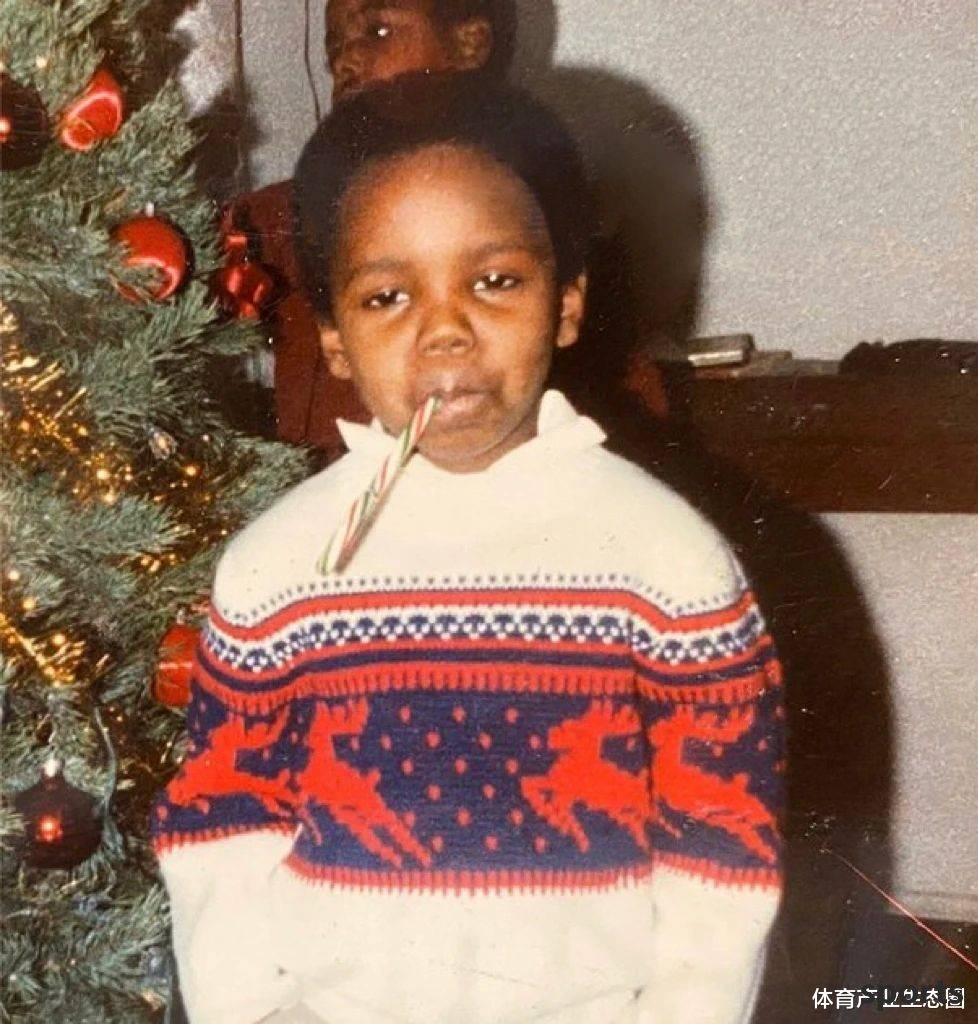
However, like many boys, Paul loved sports since he was a child, and after he quickly realized that he had no chance to become a professional athlete, he always wanted to participate in the industry in the way he was good at.
"I began to think about the NBA from a business perspective. Before the NBA2K career mode came out, I noticed the players' interview speech, analyzed the players' response strategies when facing the media, and even previewed it in my mind: If I were him, what should I say?" Paul once recalled in a podcast.
In college, Paul had to drop out of school because his father suffered from cancer and started to fall off his retro jerseys under the introduction of his friend.
In 2001, 21-year-old Ritchie Paul was about to set off from Akron Airport to Atlanta for purchases. While waiting for the plane, a voice suddenly came from above Paul's head:
"Good guys!"
The man pointed to Paul's retro football jersey from the Houston Oilers in the 1984-1985 season, with the name of quarterback Warren Moon printed behind it, which was almost out of print at the time.
"Thank you." Ritchie Paul was used to this kind of praise and replied subconsciously.
Then, he looked up at the big man and found that the other party was LeBron James, the number one high school student in the United States who had already appeared on the cover of Sports Illustrated at the time.
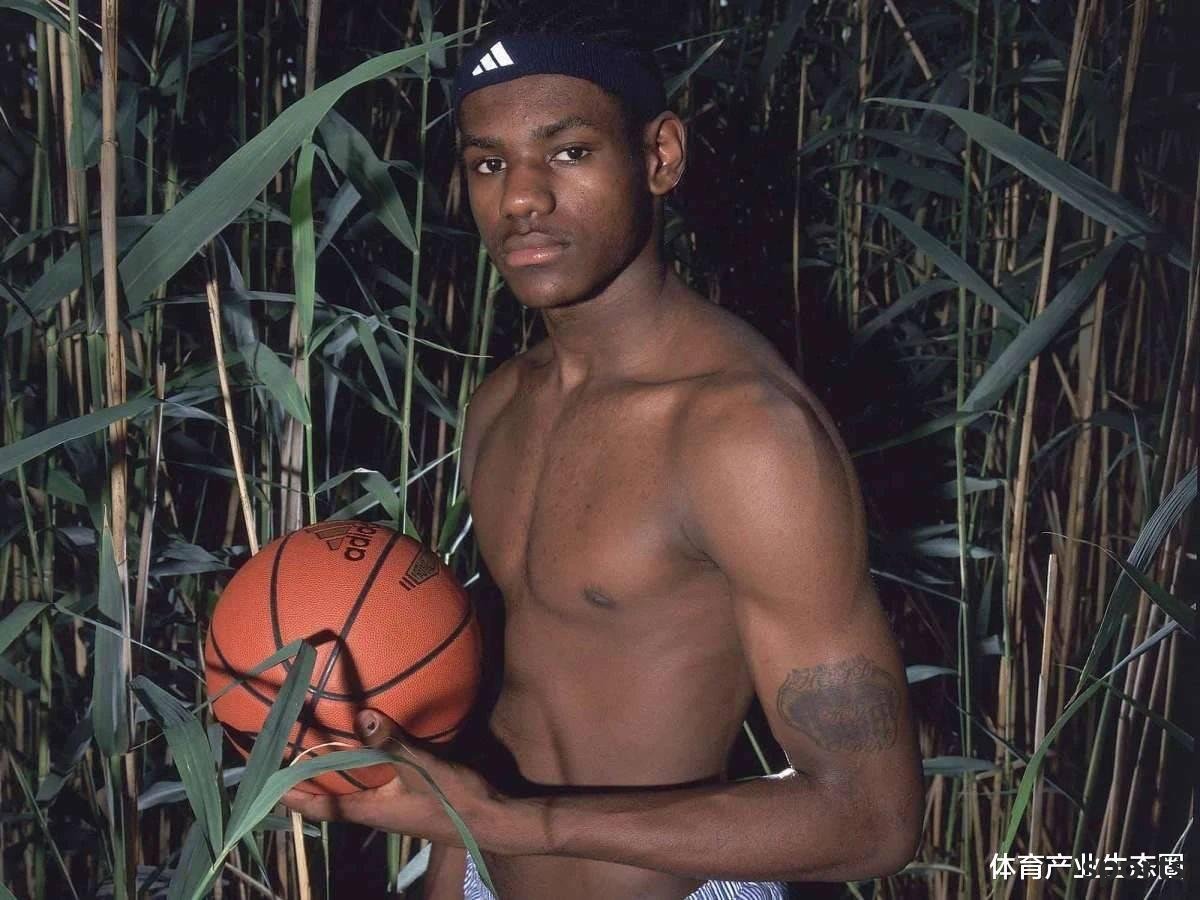
Source: Sports Illustrated
Paul restrained his excitement, pretended to be calm and composed, and introduced his channels for purchasing goods. He also said that if he went to Atlanta one day, he could report his name and the store owner would give him a discount.
After a natural exchange, Paul not only sold two jerseys, but also successfully maintained contact with the future star. When James was successfully elected as the No. 1 pick and signed with the Cavaliers, Paul stayed in his core interpersonal circle and later joined the famous CAA company, playing chores under James's agent Lyon Ross at the time.
But in Lyon Ross's view, James is just looking for any work for him to do. When later describing the work experience of CAA, Paul used the word "inefficient": "To be honest, I learned nothing."
He emphasized again: "They did not invest in me, let me learn anything, and there was no planning. Later opportunities were all learned and seized by me."
In 2012, Paul resigned from CAA and officially founded the Klutch Sports Group. In sync, James also announced his departure from CAA and became Klutch's first customer.
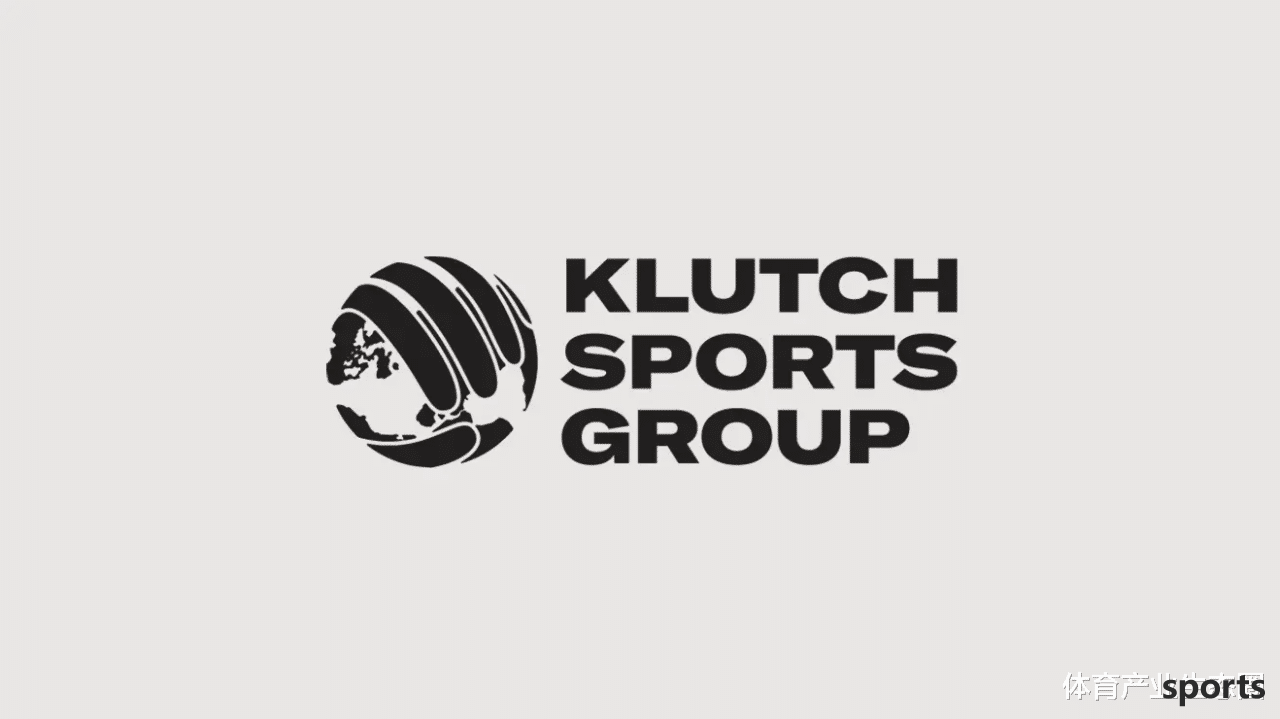
As for whether Paul took this step first, James followed closely behind, or whether this was a common plan, the two have never explained it to the outside world. To this day, many colleagues still believe that James plays an improper right role in Klutch and regards their gameplay as a violation.
"Paul is always a puppet, and the recruiting players and behind the scenes are all James." An NBA agent once said anonymously in a conversation with Bleacher Report.
But the problem is that a person can enter the game by luck, but he can't change the game by luck.. If Paul was really just a puppet, Klutch might have achieved success in a short period of time, but he would never grow from a private circle of friends to a giant beast that affects the power structure of the NBA. The rise of

Klutch was not achieved overnight.
In the first few years of its establishment, this company was indeed more like a grass-roots team established around LeBron - with few customers and narrow business, and its strength was more reflected in James' competitive position than the success of the overall model.
This structure is not uncommon in the industry: many athletes have tried to push their close friends into brokerage positions, but few can truly become companies.
But just as Pelinka expanded his power through Kobe's agent and David Falke used Jordan to accumulate client resources, Ritchie Paul's success also benefited from his relationship with LeBron. He never shy away from this and even emphasizes the use of this core competitiveness.
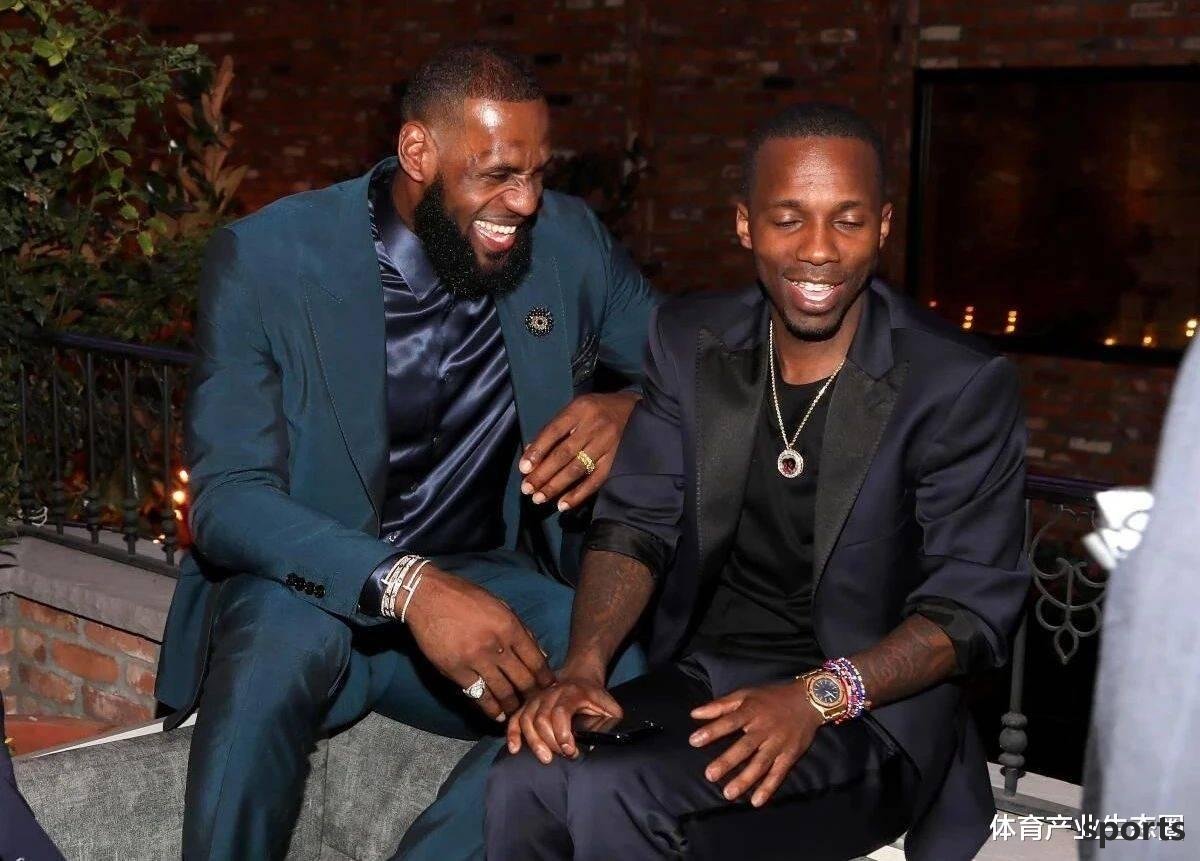
Source: ESPN
The famous NBA reporter Vincenster once pointed out that Paul was able to open up the situation in large part because people "don't want to offend LeBron."
"Whether it is a team or other brokerage companies, they always want to retain the possibility of cooperation with LeBron. As he (Paul) has more and more clients, this goal that he does not want to offend has become Ritchie Paul himself."
A James is enough to support a super brokerage company, but what Ritchie Paul wants is territory, institutional influence, and structural reshaping of the entire athlete brokerage industry.
In 2016, Paul appointed Fara Leff as Chief Operating Officer of Klutch. This action has completely taken the company's management system out of the "fraternity" model, marking Klutch's first step in regularization and organization.
Under the suggestion of Lef, Paul established his core customer strategy: in addition to attracting more star players, he should also focus on those "young players who have a clear sense of self and are eager to take the initiative in their careers", because this type of player is more able to accept the "co-construction" cooperative relationship that Paul insists on, rather than traditional passive services. After
Leve joined, Klutch quickly expanded its player lineup, attracting many NBA potential stocks and popular stars such as Anthony Davis, Draymond Green, John Wall, Ben Simmons. With the high exposure of these customers, Klutch gradually established brand influence, which also slowly changed Paul's role in the industry.
He also compared his rise to the scene in the movie "The Godfather" where Michael killed the heads of the five families.
"There has been a monopoly in this field for many years, and I want to break it." Paul did not hide his ambitions while talking to Dream-Chasing Green on the podcast.
The real foundation of Klutch's capital landscape was in 2019. This year, United Talent Brokerage (UTA), one of the five major brokerage companies in Hollywood in the United States, made strategic investments in Klutch and invited Ritchie Paul to be the head of his sports sector.
With the collaboration with UTA resources, Klutch quickly expanded its business to the NFL and WNBA markets, initially forming a multi-project and multi-alliance model.
Now, it's not just the basketball world that is starting to get nervous.
Just one year later, Klutch launched its own expansion strategy, actively targeting representative players in multiple fields, taking them into their pockets, and penetrating into major mainstream sports:
In 2020, they acquired Tidal Sports Group and officially entered MLB; in 2021, they hired well-known agent Nicole Lynn as president of the American football department to further consolidate their layout in the NFL; at the end of 2023, Klutch continued to increase its investment through the acquisition of Rep 1, further gathering its baseball business.
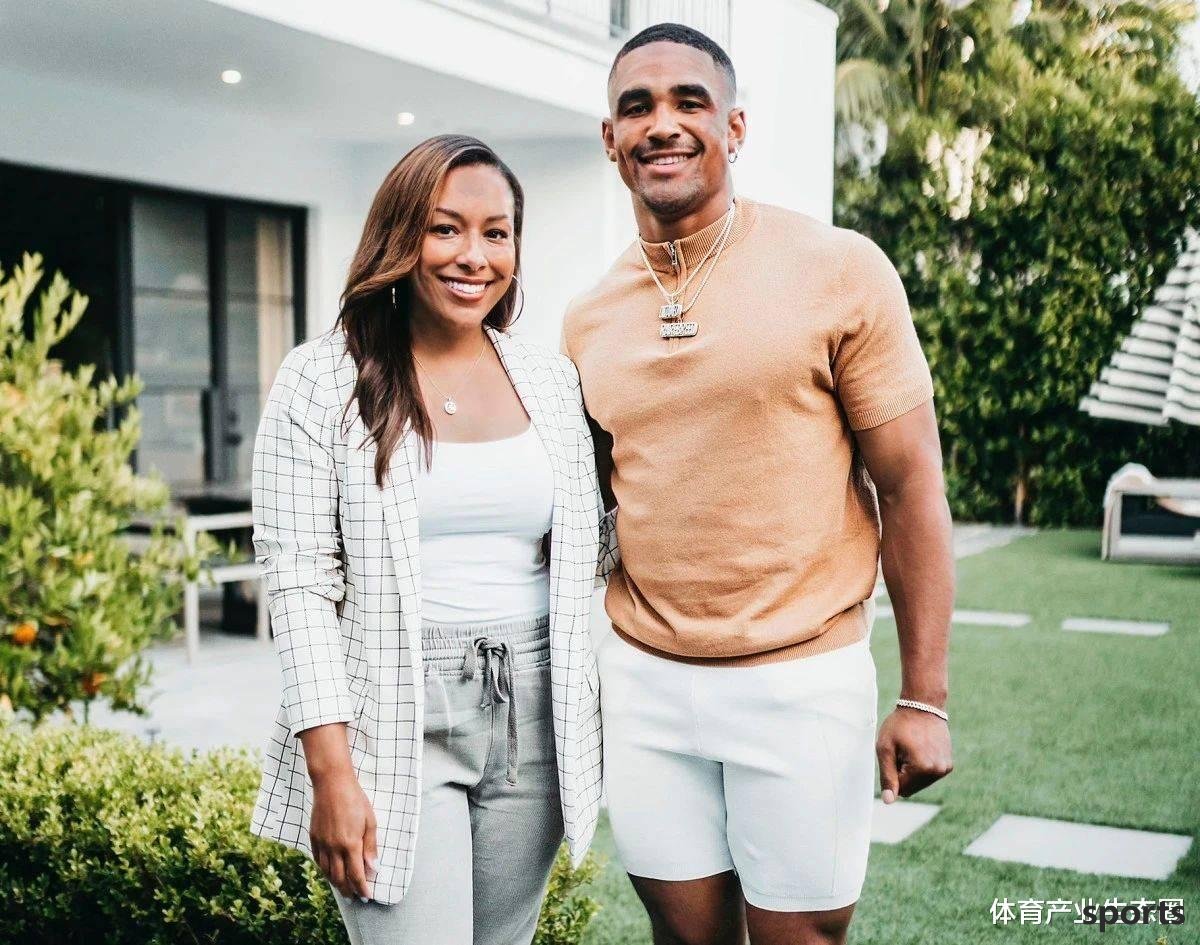
Under the operation of Nicole Lynn (left), Klutch helped NFL player Hertz (right) sign a historic 5-year, $255 million super contract. In June last year, Klutch completed the merger and acquisition of Germany's largest football brokerage company ROOF through the UTA platform, officially integrating European football business into the global territory, making another big step forward in internationalization.
Of course, basketball is always Klutch's core competitiveness. In the just-passed 2025 NBA Draft, Klutch sent a total of 11 signed players to run, of which 4 of them entered the first round.
In the international market, with Yang Hansen's phenomenal success, when a Chinese player who is striving for the NBA appears, what are they going to consider first?

It is worth mentioning that although Klutch still lags behind CAA and Wasserman in terms of overall number of signings, at the personal agent level, Ritchie Paul has tied with WME's Bill Duffy, becoming the agent with the largest number of players in the first round of this draft.
The field of women's sports is also Klutch's focus in recent years.
After the company established the women's basketball department in 2020, it quickly signed representative players such as WNBA MVP Aja Wilson and USC rising star Zhuzhu Joaquins, to seize the initiative at the moment when the commercial value of women's sports is becoming increasingly apparent.
It is worth mentioning that Paul has also cooperated with New Balance to launch the new sports brand Klutch Athletics.
From North American basketball to rugby, from baseball to women's basketball, to European football spanning the Premier League, La Liga and Bundesliga, Klutch has grown from a private, star-driven small workshop to a multi-project integration platform integrating asset management, market development, copyright negotiation and global brokerage.
But no matter how huge the platform is, the one who really determines the Klutch gene will always be the one who sits in the most core position..

In the NBA's agent circle, Ritchie Paul has a reputation as "Bully".
"If you need a team that keeps coaxing you and following you, then we may not be suitable for you." Paul once said bluntly in front of the camera, "But if you want someone who truly believes in you and can build the future with you-and is willing to accept some bad truths, then you may be suitable for us."
In this industry that is superficially tender and games are more behind the scenes, Paul's style seems out of place. He is straightforward and tough, and was once regarded by many traditional agents as over-strength.
In his opinion, this is a way to express loyalty and respect.
He never relies on information monopoly to maintain customer stickiness: "The more information I hide, the more you will definitely be unable to live without me, but if I do this, you will never invite me to your house on Thanksgiving. For you, I will only be the person who gives the 4% commission. This is not my way of doing things."
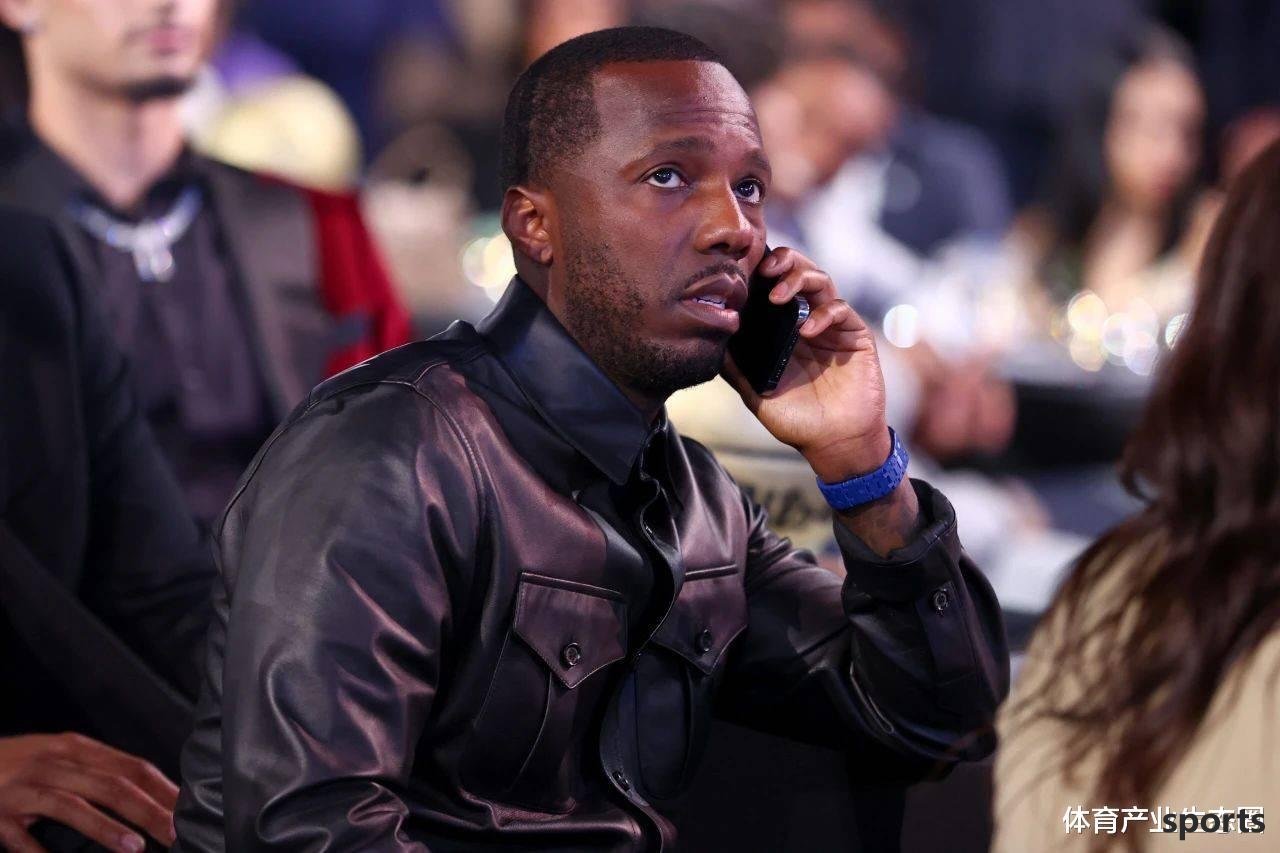
Source: Black Enterprise
He has indeed encountered many customers with disagreeable ideas. In the podcast show of NBA legend Arenas, Paul mentioned that he encountered price cuts from other agents while negotiating with a young player, and the player eventually chose an agent with a lower price.
"Others only charge him 1% or 2%, and I drove a little higher, so he chose the one who took the initiative to reduce the price." Paul said, "But you never bargain with Rolex, but you try to get cheap when you choose someone who helps you make money? I think this is too boring, but I won't persuade you."
"I think Ritchie has super powers in the matter of 'faithful words'." Maverick Carter, also a core partner of LeBron, once described him like this in a conversation.
"He can not retreat in an aggressive and gunpowder-smelling conversation and keep a clear logic until the other party understands the right choice, and when necessary, even LeBron will give explicit advice on opposition."
Faced with the challenges halfway, his toughness is even more obvious.
In 2018, with the help of Fu Paul, five-star high school student Darius Bazley signed a "internship contract" worth $1 million with New Balance. At that time, NIL (name, image and portrait rights) had not been lifted, and college students were not allowed to sign sponsorship contracts with brands, so after signing with New Balance, it meant that Bazley voluntarily gave up the qualification to enter the university arena to play.
This action almost immediately aroused dissatisfaction with traditional forces. The NCAA, whose student quality was directly weakened, even introduced new regulations in the second year, requiring the agents selected by university players to meet the following three regulations:
1. At least three years of NBPA player union certification; 2. Must pass the on-site examination of the NCAA office in Indianapolis; 3. Go to college.
Points clearly. After the new regulations were released, players such as James, Chris Paul, TT, etc. spoke on social platforms, and James even tweeted directly, calling the NCAA was targeting Ricky Paul.
Under pressure from multiple parties, the NCAA eventually abolished the clause.
This is not common. In the traditional sports ecosystem, agents are usually intermediaries between players and leagues, teams or brands. They are neither publicly respected nor rarely become the central figure of public issues. Especially when disputes over rules involving an alliance or organization, if the agent is suppressed, according to normal logic, players as public figures tend to remain silent and avoid head-on conflicts with the system.
Whether it is developing rapidly or being challenged, the reason why Ritchie Paul and Klutch can steadily gain the trust of most players is that he has taken the lead in handing over the decision-making power, information rights and voice to the players from the beginning.
This is also related to Paul's core strategy: empowering players.

Klutch Chief Operating Officer Lef once explained the core of "player empowerment": "It's not just putting a contract in front of them and letting them sign, but sitting down with them, talking, educating, and telling them how they really become professional athletes." In the past, the role of an agent was mainly to help clients bargain on contracts, grasping salary space, and calculating years and bonus terms. But in Klutch's system, agents are not just intermediaries, but also strategists, decision consultants, and even partners who work with players. The premise of empowerment is to truly hand over the decision to the players, and this is exactly what Paul is best at.
"If you pay me the money you are a broker, I shouldn't be just a messenger," Ritchie Paul once said.
Recently, a video of Ricci Paul talking to Suns boss Ishbiya before the draft became popular on social media. During the whole process, Paul advanced and retreated in moderation, using a very clever situation to obtain the information he needed, but at the same time, each sentence revealed his firm position to stand with the players.
"He has a superhuman understanding of the word power - he knows when to force the palace and when to compromise. Not only does he have a very special negotiation style, he is also good at using the media, social networks, and voice to put players in the best position." Paul's friend once revealed to The New Yorker anonymously.
But empowering this matter is far more than a commercial operation, and the underlying layer is always closely related to the concept of voice right. When a black agent sticks to such a stance in the context of professional sports in the United States, it will inevitably involve racial issues.
At the promotional event of the movie "The Fence", when asked about "Why should a movie about black families be handled by a black director?", the answer given by director and male lead Denzel Washington was: "It's not because of the skin color, but because of the culture."
This sentence also applies to Ritchie Paul's success.
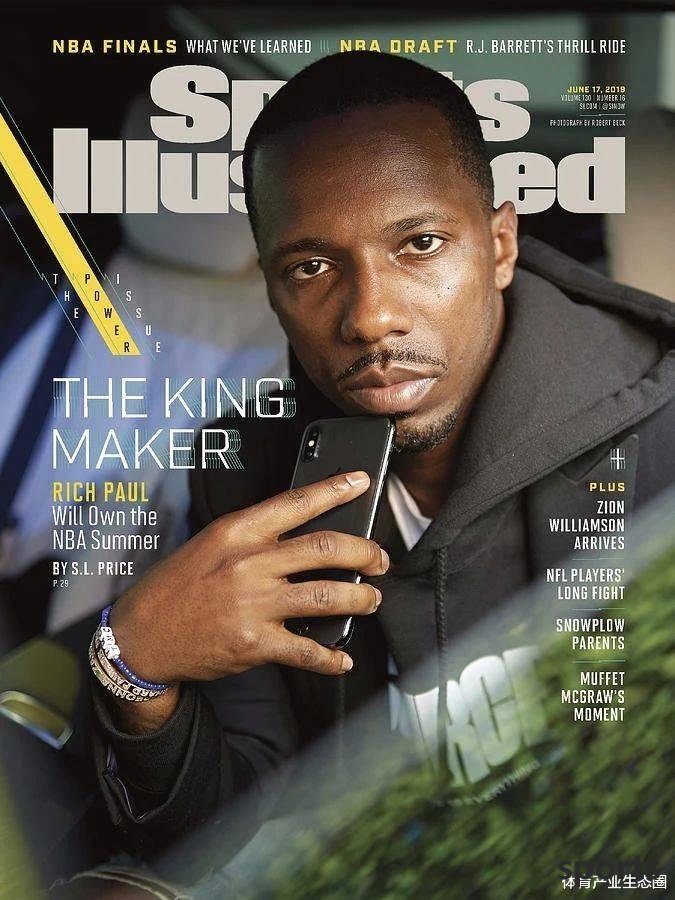
Photo source: Sports Illustrated
Even by 2025, the agent industry of professional sports in the United States is still a white-dominated industry, so Ritchie Paul will be treated differently because of his growth background, but he can also use this background to deepen the bond with the players.
He knows how many relatives a young player will be dragged down by a few relatives after entering the league, how stupid mistakes he will make in the face of sudden wealth, and how he will be treated and used by the media, brands and even the team because of his skin color and personality.
James once said: "Like many players, Ritchie is the first person in the family to make money. They all come from the Inner City, with parents or not. But we are familiar with the same environment, so he can really talk to these kids. There is nothing they have seen before, and he has never seen before."
Of course, empowerment is not a promise of success, it means choice, initiative and higher risks - for top players, it means going from the object of the rules to the protagonist of the game, but for marginal players, it sometimes means bearing the price of failure of the entire game.
Ritchie Paul did not win with former NBA player Noel.
In 2017, after a discussion with Ritchie Paul, Noel rejected a four-year, $70 million contract from Dallas because Ritchie Paul believed he could get more. But when he did not wait for the ideal offer in the free market and was displaced in the league since then, Noel filed a lawsuit claiming that Paul misled and delayed his career.
"Paul and his team are focused only on the maintenance of those major clients and do not have the ability to think carefully and strive for players who are not as big as that of a relatively large role," Noel's lawyers wrote in the complaint.
It is worth mentioning that this incident is also a case that many colleagues will repeatedly mention when they attack Paul.
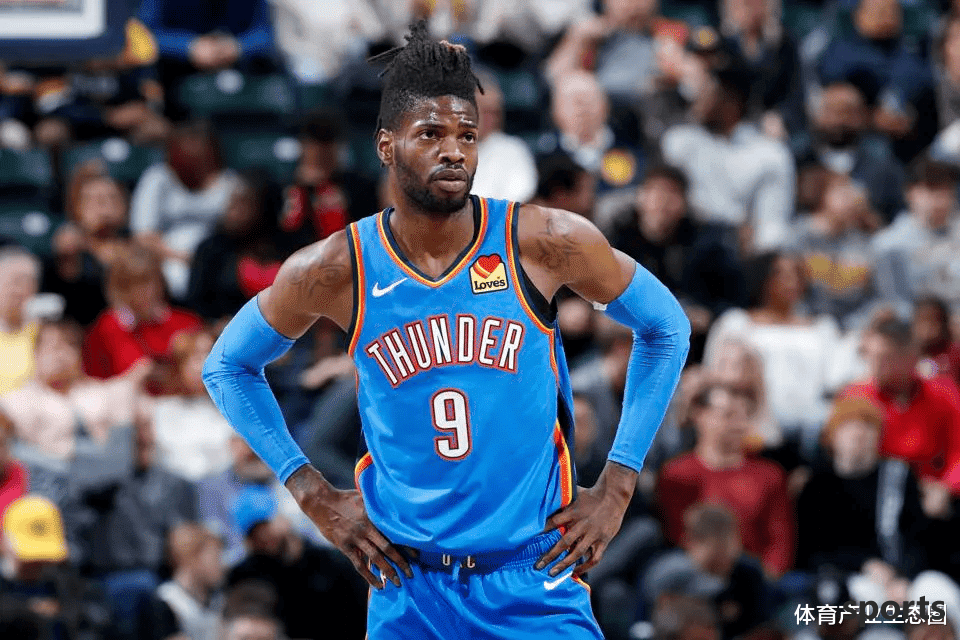
Norins Noel
For a long time to come, the NBA's interest structure and the broader global sports agency territory will still be controlled by a few large white-led institutions - this is a problem that is greater than sports, and the emergence of Ritchie Paul is like taking an unusual step in the most unlikely way on this highly solidified board.
He is a person outside the system and entered the system in the way he is most familiar with. He reshaped the relationship between athletes and agents with a more complicating and equal attitude. And behind all this is not just the explanation of "James's support".
Today's Klutch is no longer an appendix to LeBron. It is a cross-project, cross-border, and resource allocation power structure. Its rise is not just a business story, but also a sample of how minorities, grassroots, and excluded people participate and rewrite the established rules of the game.
Perhaps the biggest shock to the NBA is never just the length of the customer list, but rather the possibility of him using non-mainstream paths to force the industry to begin to face up to power.

Related Posts
- In the opening game of the new season, the Clippers fell behind by 24 points in the first quarter. The Jazz shot 16 of 20 in a single quarter. Harden and Paul were in a slump.
- Can Horford No. 42 jersey be retired from the Celtics? US media strongly support: His spirit and leadership are priceless
- Kumingga s farce is getting worse, and the boss Rakob angers Butler, Curry still keeps silent
- The Trail Blazers are 11th, the Spurs are 8th! US media predicts the Western Conference rankings in the new season: Clippers are 5th, Rockets are 3rd, and what are the Lakers?
- Porzingis: If the Celtics don t win the championship, we can exceed expectations in the Hawks
- Causing controversy! Yang Yi: If I were Guo Shiqiang, I would take Yang Hansen. If I don’t fight for the Asian Cup, something will happen.
- Durant Curryton was not Harden s opponent, both of them were almost defeated by the Rockets.
- The Lakers new player debuted: 3D champion + organizational brain, James Luca won the golden puzzle!
- After the Knicks were eliminated, four guesses, one person is the core, Thibodeau was dismissed, the guy touched the ceiling
- The league s first sword aims at the finals! Alexander is in a hot state, Edwards ushers in a life-and-death battle
Hot Posts
- In the opening game of the new season, the Clippers fell behind by 24 points in the first quarter. The Jazz shot 16 of 20 in a single quarter. Harden and Paul were in a slump.
- Can Horford No. 42 jersey be retired from the Celtics? US media strongly support: His spirit and leadership are priceless
- Kumingga s farce is getting worse, and the boss Rakob angers Butler, Curry still keeps silent
- The Trail Blazers are 11th, the Spurs are 8th! US media predicts the Western Conference rankings in the new season: Clippers are 5th, Rockets are 3rd, and what are the Lakers?
Recommend
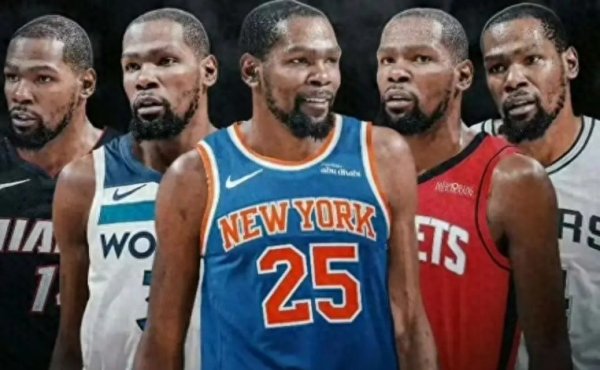
Durant designated the Spurs as their first choice! The battle for 5 teams begins, and long contracts become the key to the transaction
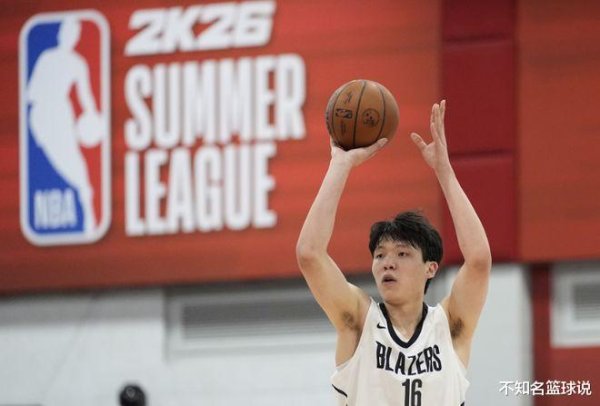
Yang Hansen crushes the Rockets Arms 2 of 12 shots, recreating the true nature of Guangdong s parallel goods foreign players

Who is the number one person in the history of Asian sports? Yang Yi: Of course it is Liu Xiang! It has a great impact on the world, Europe and the United States

Wonderful showdown! Alexander and Jokic Murray hugged and greeted Westbrook laughed and talked with him
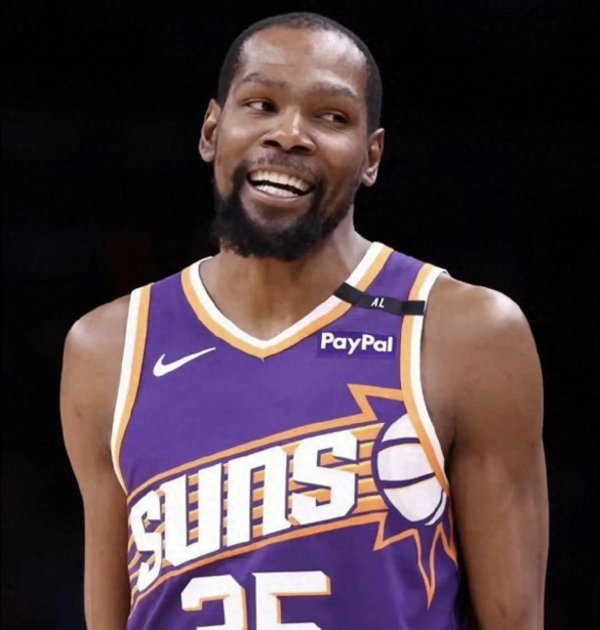
Timberwolves Soha Gobert + Divincenzo! The Durant deal has been decided?
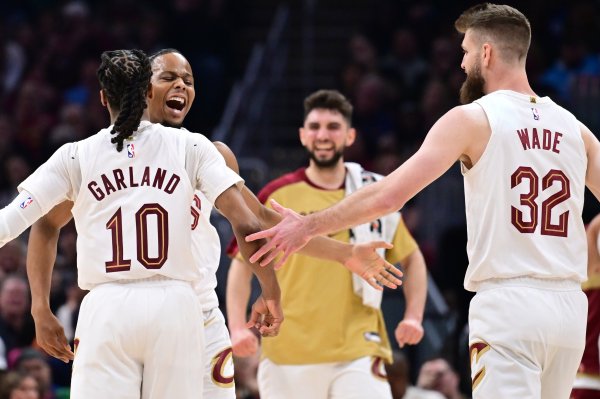
Iron: The Knight should keep Jerome and pack Struth and Okoro away
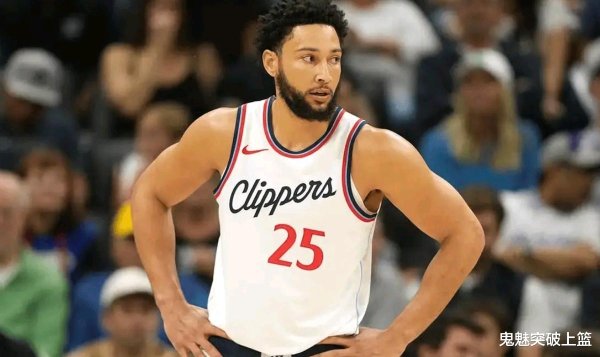
Expect to join the Celtics! Congratulations to Simmons, return to the NBA

US media reordered the 21st NBA draft, Moody s dropped to the 21st pick! ...